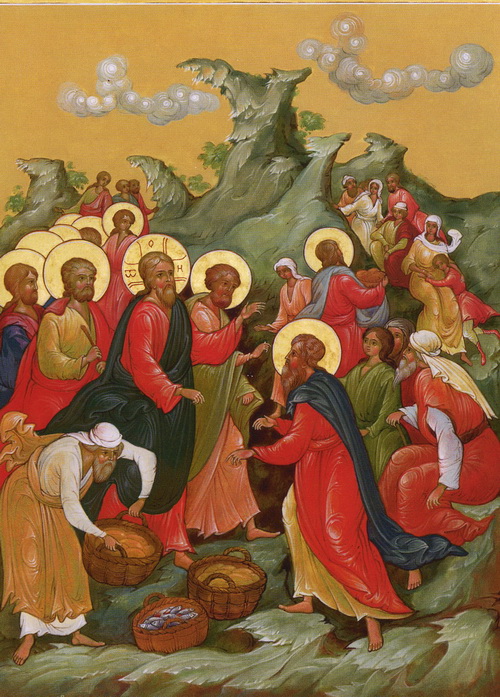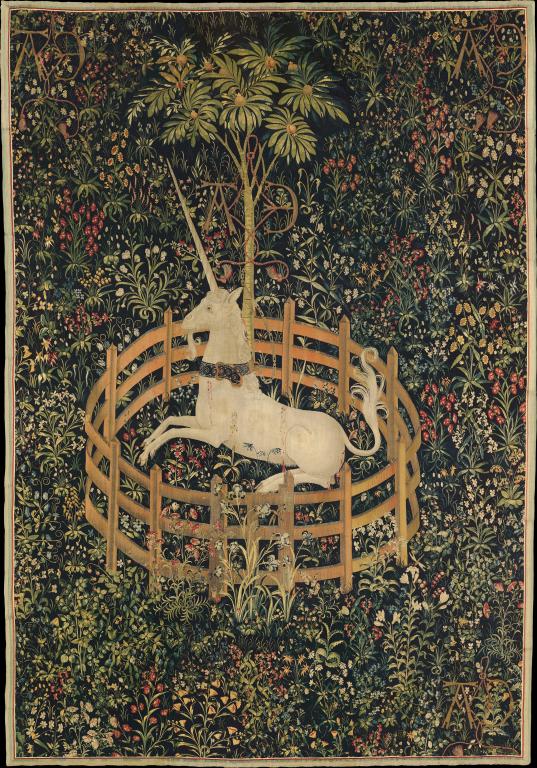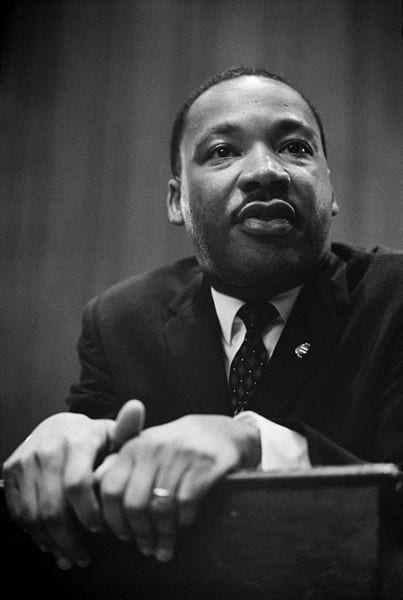David Russell Mosley
Feast of St Mark 2014
On the Edge of Elfland
Beeston, Nottinghamshire
Dear Friends and Family,
Last night I had the opportunity and pleasure to lead the small group gathering of my Missional Community at Church. I’m part of 20’s-30’s missional community whose goals are to encourage, edify, and disciple one another as we reach out to our non-Christian friends. In our monthly small group meetings we have been going through what are called the Life Shapes (developed by Mike Breen and others). I won’t go into exactly what I talked about or what I think about Life Shapes in general. However, there are some thoughts I want to share inspired, in part, by last night’s gathering.
In the course of our discussions, I brought up something I’ve heard several members of our Missional Community say. Whenever they’re non-Christians friends see the kind of community we’ve developed here, many ask, ‘Can I have this, but without the Jesus part?’ In short, my answer is no. Now, one our members pointed out that he has seen one of his non-Christian friends grow as a person, particularly as related to spending time with people with learning or developmental disabilities, and this without becoming a Christian. However, as we both acknowledged, that still is not having that community without Jesus. Our Lord is still the reason this young man is growing into a better person as he moves a few steps closer to God.
This, however, has led me to think about a similar question related to Catholic Social Teaching. Put simply, Catholic Social Teaching is concerned with human dignity, human life and work, and finding a Third Way between unfettered capitalism and communism (primarily Marxist). But one could easily ask, can’t we have all this without Jesus?
Pope Leo XIII (papacy: 1878-1903) writes in his encyclical Rerum Novarum (1891) which in many ways kicks off modern Catholic Social Teaching, ‘We have insisted, it is true, that, since the end of society is to make men better, the chief good that society can possess is virtue. Nevertheless, it is the business of a well-constituted body politic to see to the provision of those material and external helps “the use of which is necessary to virtuous action.”(Thomas Aquinas, On the Governance of Rulers, 1, 15 (Opera omnia, ed. Vives, Vol. 27, p. 356). Despite the quotation from Aquinas, this is something many political thinkers today could agree with whether Christian or not. However, for the Pope, the reason this is so is because of his theological commitment to God as creator of the cosmos and bestower of our dignity:
No man may with impunity outrage that human dignity which God Himself treats with great reverence, nor stand in the way of that higher life which is the preparation of the eternal life of heaven. Nay, more; no man has in this matter power over himself. To consent to any treatment which is calculated to defeat the end and purpose of his being is beyond his right; he cannot give up his soul to servitude, for it is not man’s own rights which are here in question, but the rights of God, the most sacred and inviolable of rights.
The Pope even goes so far as to suggest that the end for which work and the acquisition of virtue tends toward is the Kingdom of God. He writes:
To sum up, then, We may lay it down as a general and lasting law that working men’s associations should be so organized and governed as to furnish the best and most suitable means for attaining what is aimed at, that is to say, for helping each individual member to better his condition to the utmost in body, soul, and property. It is clear that they must pay special and chief attention to the duties of religion and morality, and that social betterment should have this chiefly in view; otherwise they would lose wholly their special character, and end by becoming little better than those societies which take no account whatever of religion. What advantage can it be to a working man to obtain by means of a society material well-being, if he endangers his soul for lack of spiritual food? “What doth it profit a man, if he gain the whole world and suffer the loss of his soul?”(Matt. 16:26).This, as our Lord teaches, is the mark or character that distinguishes the Christian from the heathen. “After all these things do the heathen seek . . . Seek ye first the Kingdom of God and His justice: and all these things shall be added unto you.”(Matt. 6:32-33) Let our associations, then, look first and before all things to God; let religious instruction have therein the foremost place, each one being carefully taught what is his duty to God, what he has to believe, what to hope for, and how he is to work out his salvation; and let all be warned and strengthened with special care against wrong principles and false teaching. Let the working man be urged and led to the worship of God, to the earnest practice of religion, and, among other things, to the keeping holy of Sundays and holy days. Let him learn to reverence and love holy Church, the common Mother of us all; and hence to obey the precepts of the Church, and to frequent the sacraments, since they are the means ordained by God for obtaining forgiveness of sin and for leading a holy life.
Of course, I don’t want to deny that non-Christians can desire many of the same ends of Catholic Social Teaching without excepting the underlying theological and metaphysical principles. However, I would argue that even their desire to do so is because the underlying theological and metaphysical principles of Catholic Social Teaching (and Christianity in general) are true.
The lesson I led last night ended with a look at a passage from C. S. Lewis’s Mere Christianity. In the chapter I quoted from, Lewis was talking about the necessity of Christian writers and Christian economists. He ends the chapter by writing:
A Christian society is not going to arrive until most of us really want it: and we are not going to want it until we become fully Christian. I may repeat ‘Do as you would be done by’ till I am black in the face, but I cannot really carry it out till I love my neighbour as myself: and I cannot learn to love my neighbour as myself till I learn to love God: and I cannot learn to love God except by learning to obey Him. And so, as I warned you, we are driven on to something more inward––driven on from social matters to religious matters. For the longest way round is the shortest way home (87).
Lewis’s answer to the question, can I have this (be it community or a better social order) without Christ is no, not fully. Perhaps this will always remain the case until we see as we are seen and have been deified. But if so, then it is all the more reason to strive toward that end in this life for by so doing we will lead more people and more of the world to Christ.
Sincerely yours,
David Russell Mosley
















